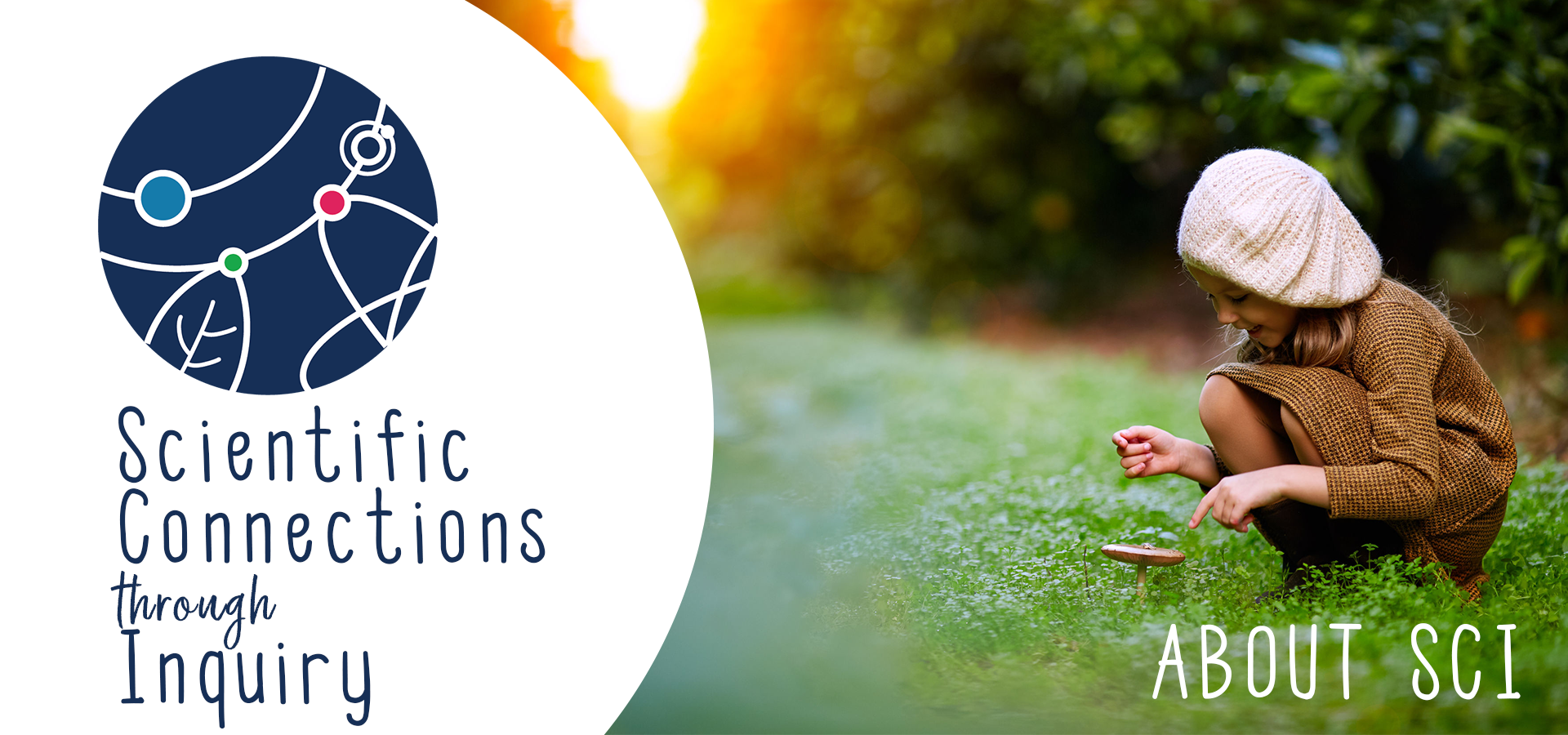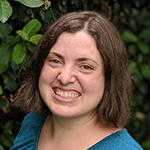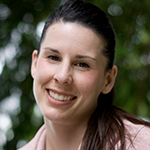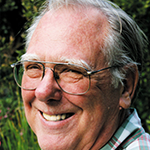
Scientific Connections through Inquiry teaches interdisciplinary science in a way that allows children to understand advanced topics deeply. SCI asks the big questions and allows the student to connect science to the world around them. It recognizes that science is inherently fascinating and uses hands-on explorations to deepen understanding and lead to discoveries rather than as showpieces. We dig in, discuss, make, observe, move our bodies, watch, and perform simple, truly effective demonstrations.
Scientific Connections through Inquiry is built off of Building Foundations of Scientific Understanding, by Dr. Bernard Nebel; a well-respected science curriculum written for a school setting. SCI is written with the homeschool family in mind with simple, easily attained materials and one-on-one or small group inquiry, allowing for a hands-on experience and thoughtful discussion. Just like in life, the science in SCI is interconnected – no one subject is taught in a vacuum. Every year students will learn science from across disciplines, which have been divided into four main paths: Nature of Matter (A), Life Science (B), Physical Science (C), and Earth and Space Science (D). Each of those paths weave together and build on each other to form a full picture of the world around us.
Scientific Connections through Inquiry can be started at any level. Having completed previous levels of Scientific Connections through Inquiry or Building Foundations of Scientific Understanding will ensure you have the background needed for a full understanding of every unit presented, but this is not required. Throughout the guide there are Science Notes with background information. If your past science studies haven’t covered a topic now being built on (or if you want a refresher!) these notes will give you the information you need to do a brief overview of the topic before building on it.
Every year will feature units coming from all 4 paths. Each unit is broken down into sessions, or bite-sized chunks that can typically be completed in one day. There is an optional schedule included to make each level of Scientific Connections through Inquiry last for one 36-week school year, or you can work through at your own pace. The guide is written to the educator. It is not meant to be read to, or by the student, instead it is to help the educator organically guide learning. Scientific Connections through Inquiry also utilizes a student book, which includes notebooking pages and observation sheets: ways for your student to interact with the material on paper. The student book is written to the student, but notes in the guide may inform you in how to guide your student to use the pages.
Each unit opens with an overview of the sessions, a list of materials needed for the unit, and optional extension books for interest-led deep dives or reinforced learning through reading. Each session will be made up of a mixture of these 4 components:
Discussion These sections are not meant to be read to your student. Discussions in Scientific Connections through Inquiry are intended to be organic conversations through which your student discovers new scientific information. Such discussion cannot be scripted because it will follow the path of your student’s thoughts toward the intended discoveries. In these sections, SCI provides the educator with the information they will need guide the discussion toward discovery.
Activity Activities will involve doing something hands-on to explore the science being discovered more deeply. The activities have been designed to give you maximum scientific knowledge “bang” for your effort “buck”. Be sure to observe proper safety procedures during all activities, including using safety goggles and washing hands.
Student pages These pages are not busywork, they are intentionally created to deepen understanding, create a reference your student will refer to later, or record observations from an activity.
Videos These videos are accessible online and will explain or demonstrate a scientific concept. We work hard to keep the links updated, but if you find a broken one, let us know!
At the end of each unit is a checklist of things your student will have learned. This is not intended to be a test, but a way to recognize and record the progress your student has made. If your student’s interest in a subject has been peaked, the end of each unit also suggests topics for further investigation, to give you jumping off points for deeper dives.
Scientific Connections through Inquiry will walk you through lessons without tying you to scripting. Images of the demonstrations will help guide your progress and add easy clarity to each lesson. Videos and student book pages will solidify the learning without the busywork! Extension books give you a way to continue learning and provide new perspective to each lesson. Scientific Connections through Inquiry’s mission is to make thorough and rigorous science learning an accessible, engaging, and downright pleasant part of your learning week. We hope you and your student enjoy exploring science with us!

Eileen Murphy
Author
Eileen has loved helping people learn for as long as she can remember. She has had many opportunities, working with students from elementary school through college both individually and in various group sizes, but consistent through them all was a desire to help others feel confident in themselves and their ability to learn.
She received a BS in Mechanical Engineering and a BA in Mathematics, and after several years working as an engineer in Seattle returned to school to get her MS in Education of the Deaf. It was learning about how amazing education can be when teachers are free to follow research-supported best practices while getting her master’s degree that convinced her to homeschool, and she has enjoyed homeschooling her kids their whole lives.

Tiffany Petty
Illustrator/Photographer
Tiffany is the author and illustrator of Torchlight Curriculum. The spark for home-educating her own kids was brought about through her professional experience as an Education & Marketing Director for a non-profit. After serving on three curriculum boards she knew there had to be a better way.
She has been a business-owner since 2007 and holds advanced Degrees in Business and Communications with a focus on English and Culture. She thinks humor is the spice of life. Toss in some great books, a good cup of tea, and her family on an autumn day and she is at her happiest.

Bernard Nebel, Ph.D.
Inspiration
A life interest and pursuit of science, including an A.B. from Earlham College and Ph.D. from Duke University, and a passion for teaching (Catonsville Community College) led Dr. Nebel to write one of the early and highly successful Environmental Science texts. In turn, Nebel recognized the need for more substantial elementary level science education. The highly regarded BFSU volumes that are the basis of SCI are the result. Dr. Nebel lives with his wife in Catonsville, MD.
